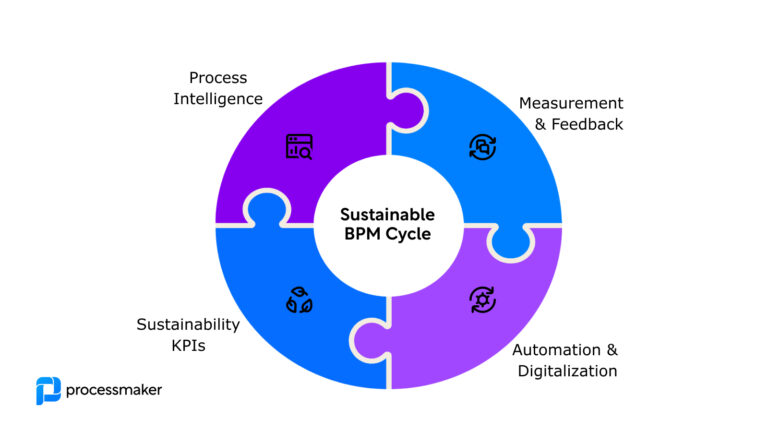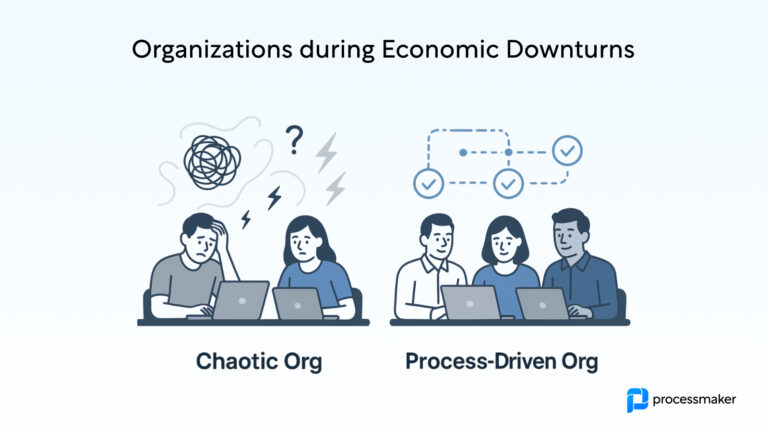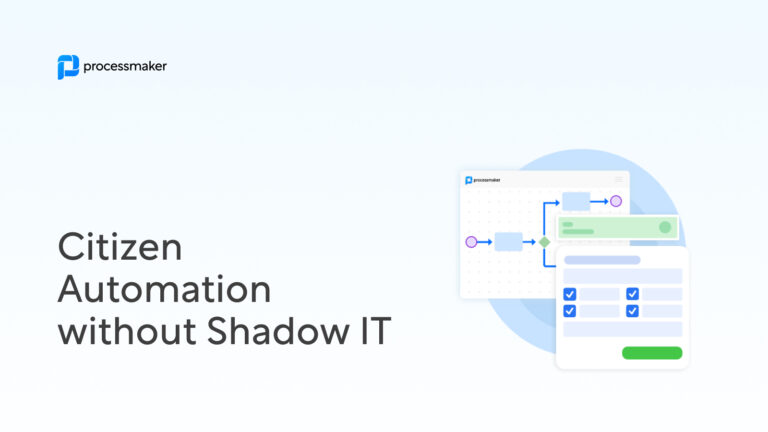
If you want to learn anything about developing, you’ll definitely want to check in with someone like Bill Tomczak, Director of Code at Open Source Training.
“I’m entirely self-taught, writing my first computer program in 1970 using FORTRAN and an IBM 370 mainframe,” he says. “At one point or another, I worked in most aspects of computer technology, including programming, facility operations management and training.”
Recently, Bill offered a few minutes of his time to share his insight on IT training and workflow management. Here’s what he had to say:
What does a Director of Code do?
Keep an eye out that we adhere to coding standards and reasonable version control processes. I’m mostly responsible for the code/applications we use on our own site. This has involved a lot of application architecture and coding.
What makes OSTraining a good resource for IT departments?
Our support staff sees a wide variety of issues and problems. This alone makes them a critical resource to an IT department with necessarily more limited exposure to all the things that can go wrong. We can provide a helping hand to get you unstuck sooner than you might otherwise.
In what areas do you think IT departments could benefit from more training?
Learning is a constant in every area. Whatever your specific area of expertise, and especially if you aspire to be a “full-stack developer,” you will find something new to learn that is at least useful, but possibly even critical.
What types of training do you predict will be increasingly important in the coming years?
I take the practical view that I’ll learn whatever it is I need to learn if it looks useful/necessary for the task at hand if there really isn’t anything in my current toolbox that will do the job.
In your opinion, what are the benefits to an organization of using workflow management software?
I would call it absolutely necessary. Especially if, like OSTraining, we’re talking about a virtual office with team members scattered around the world. Maybe it wouldn’t be so critical for a more physical office, but I’m a big fan of having some kind of historical record for tasks. As a programmer, being able to manage code changes for a multitude of projects being worked on by several programmers is absolutely critical. I have experience working in a team without any kind of VCS, much less tools like git. I am constantly amazed that we ever managed without them.
What types of considerations should organizations make when seeking workflow solutions?
Here at OSTraining, we just tried different systems until we found one that was good enough. It may not be perfect, and that has caused us at least once to investigate the possibility of changing. But ultimately, I don’t think you can evaluate a system in an abstract way. Every member of our team had different reactions in every trial run we did – from “I don’t care” to “This is cool!” But ultimately, everyone on the team needs to be on board for whatever gets chosen.
What are some of your favorite go-to tools or resources that you think those who work in IT should know about?
I find myself spending a lot of time on stackoverflow.com. As a programmer, github.com has been invaluable.
Connect with OS Training on Facebook, Twitter, Google+ and YouTube.
Download ProcessMaker Open Source to start managing your workflow.





